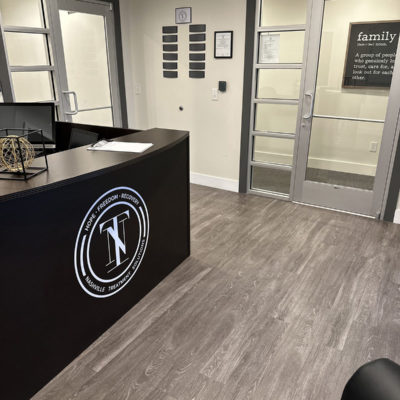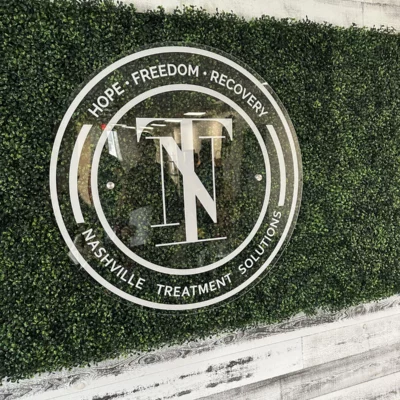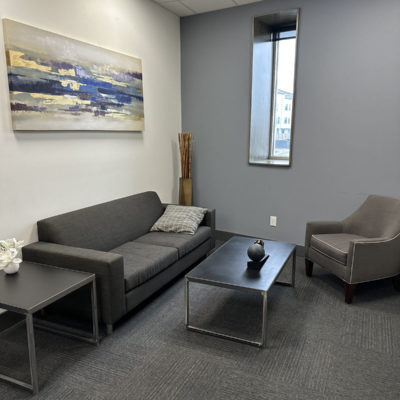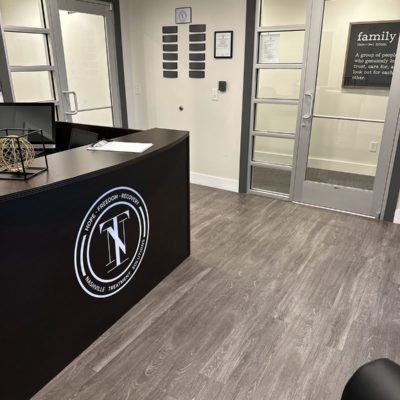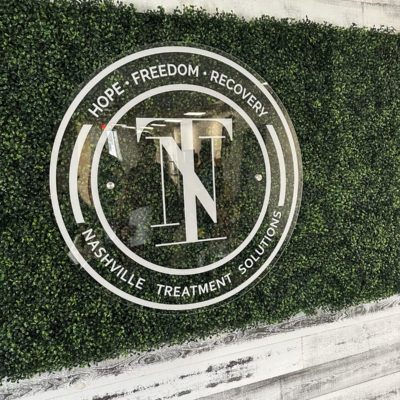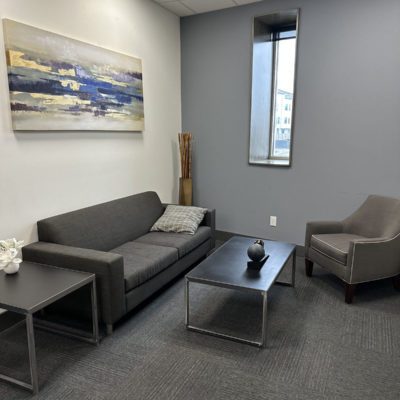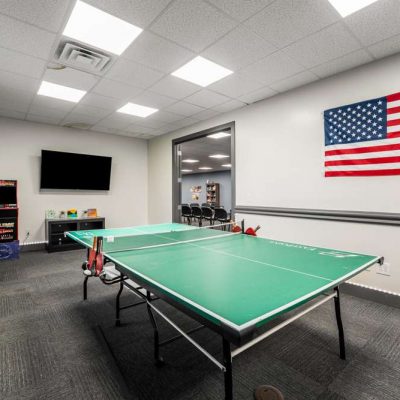Living With An Addict Spouse
[And Ways to help]

Medically Reviewed
Reviewed by Julie Bilbrey, PHD, LPC-MHSP
Last Updated on:
January 1, 2025
Call us Now!
Find Addiction Treatment Today! Overcome everything that is holding you back!
Are you the spouse of an addict and want some tips on what you can do to make a difference? Living with and loving someone who has lost their way in the world of drug and alcohol abuse tests a marriage. It’s important not to lose sight of your own health and happiness while you try to guide your partner to the professional treatment they need. Nashville Treatment Solutions offers a look at what you can do when living with an addict. We also offer detox and other outpatient programs that enable people to take back control and learn to embrace sobriety. With the support of our experienced staff, your spouse can begin recovery and return to the loving, happy partner you miss.
You are not alone. You deserve to get help.
Nashville Treatment Solutions is an industry leader in addiction treatment. Our team of top medical experts specialize in dual diagnosis treatment and are committed to ensuring that each patient is treated as an individual. Call us today, we’re available 24/7.
How Does Addiction Affect A Relationship?
You meet someone, fall in love, get married, and look forward to years of happiness ahead of you. What you don’t expect is to become the spouse of an addict and have to learn to navigate the world of addiction. A relationship affected by a substance use disorder changes and presents challenges for the sober spouse. They may try to ignore the growing problem of addiction, but it eventually takes center stage. The person with the addiction typically develops mental and physical health problems, but the same can happen to their spouse as they grapple with their loved one’s illness.
Some of the events that may arise from a substance use disorder that can impact a marriage include:
- Emotional abuse
- Neglect
- Financial difficulties
- Frequent arguments
- Physical abuse
- Legal problems, such as arrest for possession or DUI/DWI
- Absences from family events
- Broken bonds with spouses and children
- Development or worsening of mental health disorders like anxiety and depression
- Engaging in risky behavior
- Alcohol poisoning or drug overdose
- Separation or divorce
How Do I Know If I'm Enabling My Spouse?
No matter how well-intentioned, if the spouse of an addict ends up enabling their partner, it only contributes to them staying rooted in their illness. Actions that enable someone’s poor behavioral or illness-related choices can be difficult to recognize. For example, someone may obtain drugs or alcohol for their partner, believing it to provide them with relief from withdrawal symptoms or keep them out of danger if traveling while under the influence. They might also give them money to procure their substances.
Enabling can also be done in the form of offering excuses for the behavior of an inebriated spouse. Additionally, the partner may help cover up or deny any irresponsible behavior related to substance abuse. The partner might also set boundaries but then refuse to enforce them. In some circumstances, the partner with the addiction becomes emotionally, sexually, or physically abusive, and their partner hides this behavior.
NASHVILLE TREATMENT SOLUTIONS
Supporting vs Enabling
It can be difficult to determine if a person is supporting or enabling their spouse. Being supportive means offering help that leads to a positive outcome and will aid in empowering the other person. Enabling only prolongs the person getting the help they need. Someone offering support to their spouse may offer to help them do something they cannot easily do because of their condition, such as speaking openly about their problem or finding a treatment program. On the other hand, enabling would be buying excuses for why the person can’t go to rehab or just needs a little more time to get well on their own.
What to Do When You're the Spouse of An Addict
As the spouse of an addict, there are measures you can take to try to get your partner to get treatment and to take care of yourself.
- Set clear boundaries and stick to them: tell your spouse you will not accept their addictive behavior as normal, excuse it, or cover it up.
- Do not engage in arguments or hostile actions, especially when your spouse is under the influence.
- Let your spouse know they have an illness and can learn to live without needing drugs or alcohol.
- Offer to find a rehab and speak to the admissions staff about the programs they offer.
- Do not blame yourself, your spouse, or anyone else for causing the addiction. Point out that therapeutic programs provided in rehab help uncover contributing factors to drinking and using drugs and help resolve them.
- Demonstrate that you will continue to take care of yourself despite your spouse’s choices. Eat healthy, get exercise, and participate in a social life.
- Be willing to separate from your spouse if the situation has become intolerable. You and any kids you have deserve to have a peaceful home life.
Treatment Options for Your Spouse
Rehab begins with going to a detox program, which can take place in a residential or outpatient setting. Detox helps provide a medically safe way to rid the body of the toxins built up during addiction. After that, the person can transition into a residential program or continue in outpatient. One of the big benefits of outpatient care is that the individual travels to a facility for therapy sessions and does not have to move out of their home. The levels of outpatient care include:
- Outpatient Program
- Intensive Outpatient Program
- Evening IOP
- Partial Hospitalization Program
An initial assessment will determine which level of care is right for the person’s spouse. As well, they will have access to prescription medications to help ease withdrawal symptoms.
Can I Force My Spouse Into Rehab?
If you are the spouse of an addict, you may wonder if you can pursue an involuntary commitment to rehab for your partner. The answer depends on where you live, as the state laws vary. The laws may differ if the individual has an alcohol addiction instead of a drug addiction. The process of forcing someone into rehab is not simple and may require the help of an attorney. The law strives to protect the civil rights of the person with a substance use disorder, who may also have their own attorney.
Resources for Partners and Spouses
Resources for partners and spouses can be used to help while waiting for someone to agree to go to treatment or after they enter it.
Al-Anon (For family members of alcoholics)
Nar-Anon (For family members of drug addicts)
SMART Recovery (Online and in-person evidence-based meetings to overcome addiction
NASHVILLE TREATMENT SOLUTIONS
Begin Treatment for Addiction in Nashville Today
Life as the spouse of an addict means worrying about your partner and wondering what you can do to help them see the light. Nashville Treatment Solutions offers highly effective and multi-disciplinary therapy programs that drill down on what contributes to developing and sustaining an addiction. Our compassionate therapists teach your spouse to take responsibility and walk the road to recovery. We include family therapy as part of our program to help rebuild families and allow marriages to mend. We also include access to prescription medications to help ease withdrawal symptoms.
Do you want to talk to someone about how to help your spouse leave addiction in their past and learn to be sober? Contact us today and let’s talk about how we change lives.




